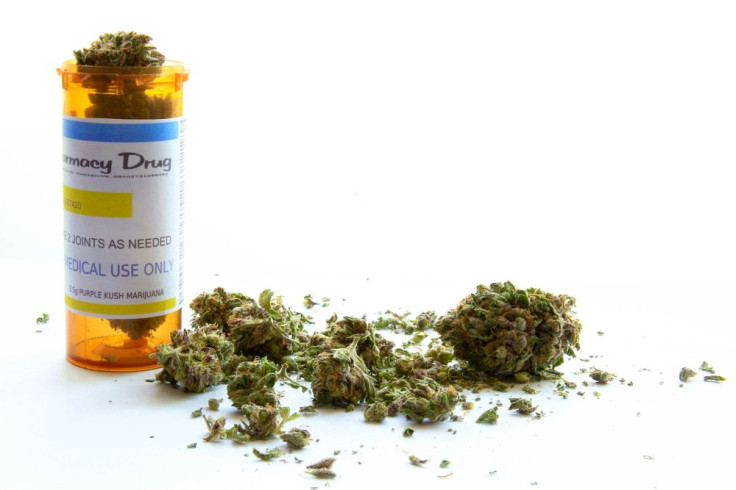Medical Marijuana Legalization: Crime Rates Unchanged, Sometimes Lowered Following Pot Legalization

New research suggests that the legalization of medical marijuana does not correspond to an increase in crime, fueling the debate over the drug’s place in medicine and society.
Dr. Robert Morris, a professor at the University of Texas at Dallas and lead author of a new study, said that preliminary data actually suggest the contrary, with some evidence pointing to a drop in homicide and assault rates. That said, more research is needed before any broader claims can be made.
"We're cautious about saying, 'Medical marijuana laws definitely reduce homicide.' That's not what we're saying," Morris said. "The main finding is that we found no increase in crime rates resulting from medical marijuana legalization.”
The study, which is published in the journal PLoS One, tracked crime rates across all 50 states between 1990 and 2006 — a period over which 11 of them legalized marijuana for medicinal purposes. Morris and colleagues used data from the FBI’s Uniform Crime Report to study homicide, assault, rape, robbery, larceny, burglary, and car theft. They then compared overall crime trends with those of the 11-state subset.
They found that, compared to the states that didn’t legalize marijuana, those that did legalize it didn’t see a significant increase in any of the seven crime types. "The results are remarkable," Morris said, adding that analytical model took into account factors like poverty, unemployment, college education, and alcohol consumption. "It's pretty telling. It will be interesting to see what future studies hold."
Medical Marijuana and Health Care
The study is the latest in a long line of efforts to evaluate medical marijuana’s influence on public health and society. Another example is a paper from earlier this year, in which researchers determined that suicide rates go down in the years following the legalization of medical marijuana. Various cannabis derivatives have also been said to alleviate symptoms of epilepsy.
Though hesitant to make any claims or recommendations at this stage, Morris told reporters that the new findings will at least help temper public debate until more research can be conducted. "This new information, along with continued education of the public on the realities of the negative aspects of smoking marijuana — which there are considerable negative attributes — will make the dialogue between those opposed and in favor of legalization on more of an even playing field," Morris said.
"It takes away the subjective comments about the link between marijuana laws and crime so the dialog can be more in tune with reality,” he added.
Published by Medicaldaily.com



























